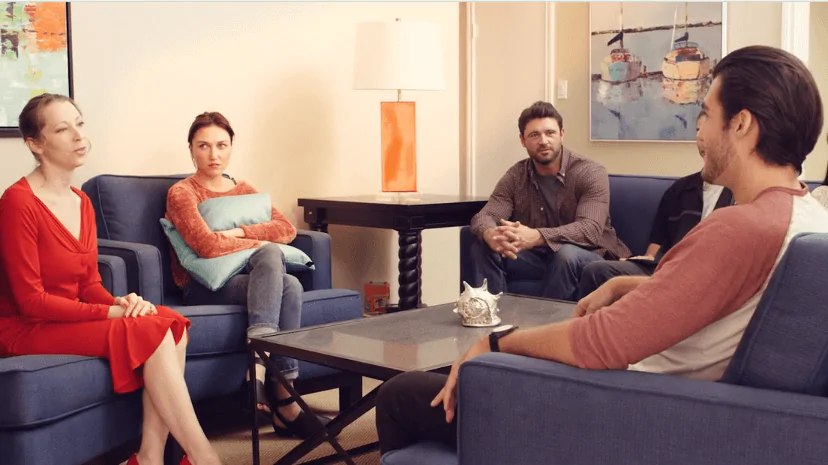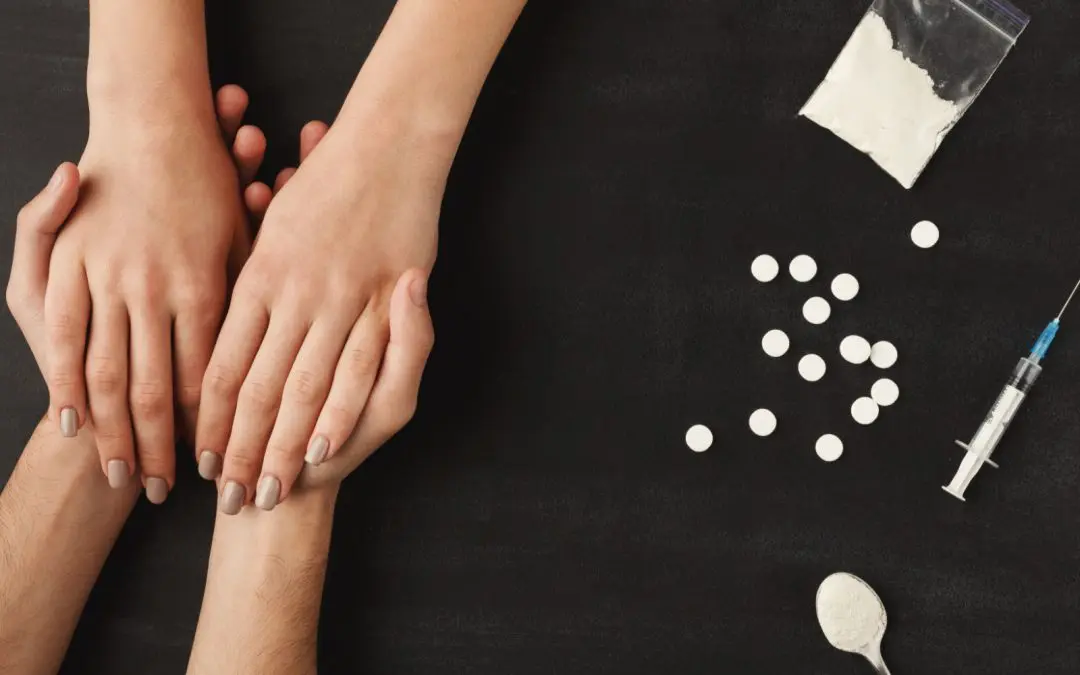24/7 Helpline:
(866) 899-221924/7 Helpline:
(866) 899-2219
Learn more about Klonopin Rehab centers in Pearl River County
Klonopin Rehab in Other Counties

Other Insurance Options

Private insurance

Sutter

Health Net

PHCS Network

WellCare Health Plans

Multiplan

WellPoint

Molina Healthcare

Magellan

Premera

CareSource

Group Health Incorporated

ComPsych

United Health Care

Access to Recovery (ATR) Voucher

BlueShield

Magellan Health

Humana

Regence

Lucent

Gulf Coast Mental Health Center
Gulf Coast Mental Health Center is community mental health center providing a wide range of mental h...





















Teen Challenge of Mississippi
Teen Challenge of Mississippi is a non-profit Christian organization who aims to help women with lif...











